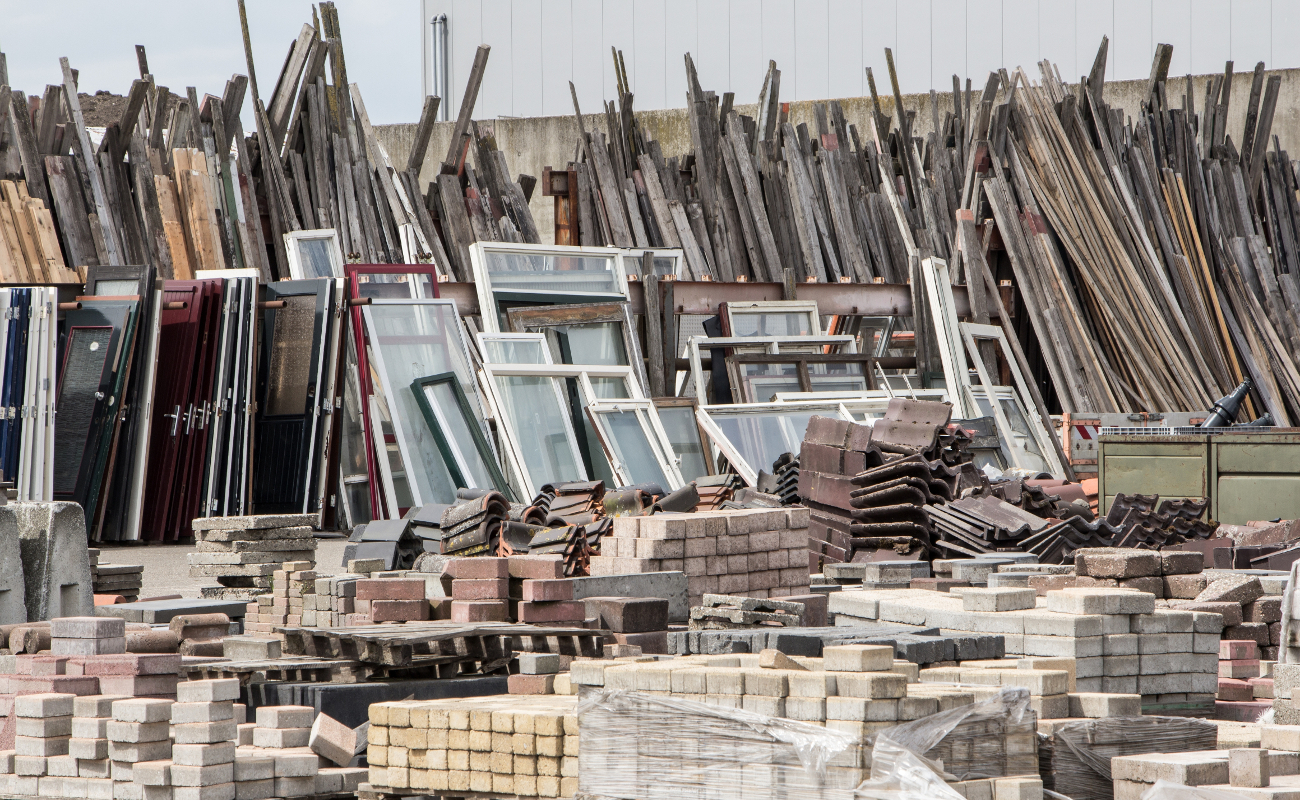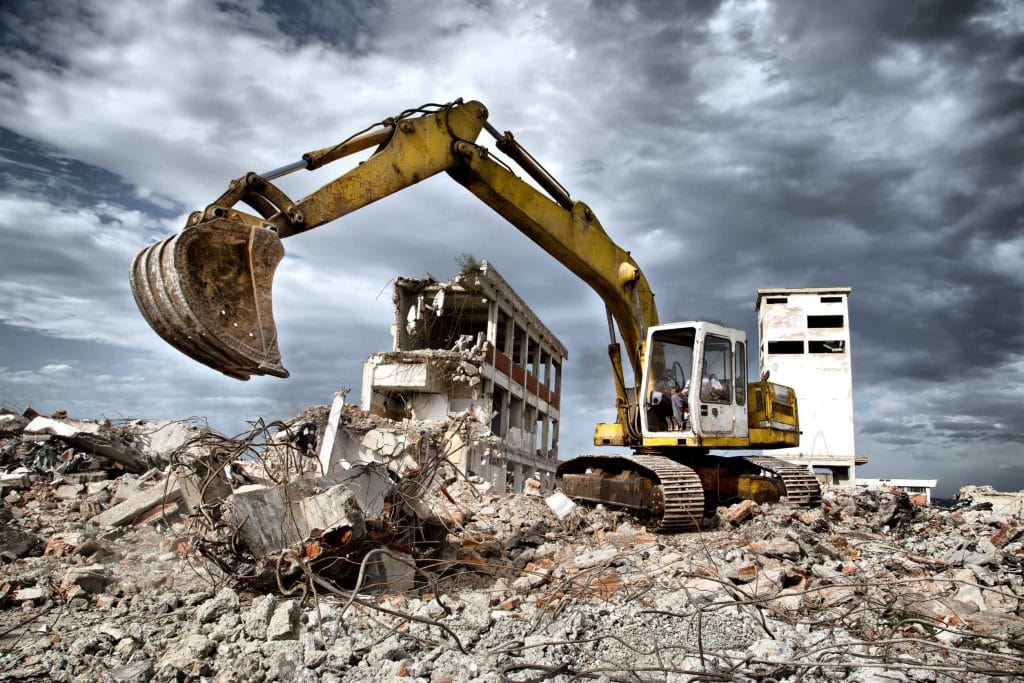What Is The Impact Of Architecture On The Reduction Of Construction Waste?

If you are involved in the construction industry, it is essential to understand the importance of construction waste and materials efficiency. The construction industry is one of the most significant contributors to waste production in the world, and it requires a great deal of resources to function effectively. Therefore, it is crucial to ensure that the materials used in construction are used as efficiently as possible to reduce waste and minimize the environmental impact of construction projects.
Why is construction waste management important?
Construction waste management is essential for a variety of reasons. Here are some of the most significant benefits of managing construction waste effectively:
1. Environmental Benefits
The construction industry is responsible for a significant amount of waste production worldwide. By managing waste effectively, we can reduce the amount of waste sent to landfills, minimize the environmental impact of construction projects, and conserve natural resources.
2. Financial Benefits
Effective waste management can help construction companies reduce costs by reducing waste disposal fees and minimizing the need to purchase new materials. Additionally, projects that incorporate green materials and practices may be eligible for tax credits and other incentives.
3. Legal Compliance
Waste management is also essential for legal compliance. Many countries have regulations regarding waste disposal, and construction companies that fail to comply with these regulations may face significant fines and legal consequences.
How can we improve materials efficiency in construction?
Improving materials efficiency in construction is essential for reducing waste and maximizing the environmental, financial, and legal benefits of waste management. Here are some ways that construction companies can improve materials efficiency:
1. Use Building Information Modelling (BIM)
Building Information Modelling (BIM) is a digital technique that allows for the management and visualization of construction projects in 3D. By using BIM, construction companies can optimize the use of materials and reduce waste by identifying potential issues before construction begins.
2. Reduce Waste at the Source
Construction companies can implement a variety of waste reduction techniques at the source, such as minimizing over-ordering, reusing materials, and selecting materials with minimal packaging.
3. Practice Lean Construction
Lean construction is an approach that aims to optimize the construction process to reduce waste and maximize efficiency. This approach involves identifying and eliminating activities that do not add value to the project.
4. Utilize Sustainable Materials
Construction companies can also improve materials efficiency by utilizing sustainable materials. Sustainable materials are environmentally friendly and are often made from recycled or renewable materials. Examples of sustainable materials include bamboo, recycled steel, and reclaimed wood.
FAQ
Q. What is construction waste?
A. Construction waste refers to any material generated during the construction process that is not reused or recycled.
Q. How can construction companies reduce waste disposal fees?
A. Construction companies can reduce waste disposal fees by minimizing waste at the source, reusing materials, and recycling materials whenever possible.
Q. What are some sustainable materials used in construction?
A. Sustainable materials used in construction include bamboo, recycled steel, and reclaimed wood.
Q. What is Building Information Modelling (BIM)?
A. Building Information Modelling (BIM) is a digital technique that allows for the management and visualization of construction projects in 3D.
Q. What is Lean Construction?
A. Lean construction is an approach that aims to optimize the construction process to reduce waste and maximize efficiency.
Q. Why is waste management essential for legal compliance?
A. Waste management is essential for legal compliance because many countries have regulations regarding waste disposal, and construction companies that fail to comply with these regulations may face significant fines and legal consequences.
Q. What are the environmental benefits of effective waste management in construction?
A. The environmental benefits of effective waste management in construction include reducing the amount of waste sent to landfills, minimizing the environmental impact of construction projects, and conserving natural resources.
Q. What are the financial benefits of effective waste management in construction?
A. The financial benefits of effective waste management in construction include reducing waste disposal fees and minimizing the need to purchase new materials. Additionally, projects that incorporate green materials and practices may be eligible for tax credits and other incentives.
Q. How can construction companies optimize the use of materials?
A. Construction companies can optimize the use of materials by using Building Information Modelling (BIM), reducing waste at the source, practicing Lean Construction, and utilizing sustainable materials.
Q. How can construction companies incorporate green materials and practices?
A. Construction companies can incorporate green materials and practices by selecting sustainable materials, minimizing waste at the source, and utilizing sustainable construction practices.
Effective waste management and materials efficiency are essential for reducing the environmental impact of the construction industry, minimizing waste disposal fees, and complying with legal regulations. By implementing the techniques outlined above, construction companies can optimize the use of materials and reduce waste production, ultimately benefiting the environment, the bottom line, and society as a whole.




Post a Comment for "What Is The Impact Of Architecture On The Reduction Of Construction Waste?"